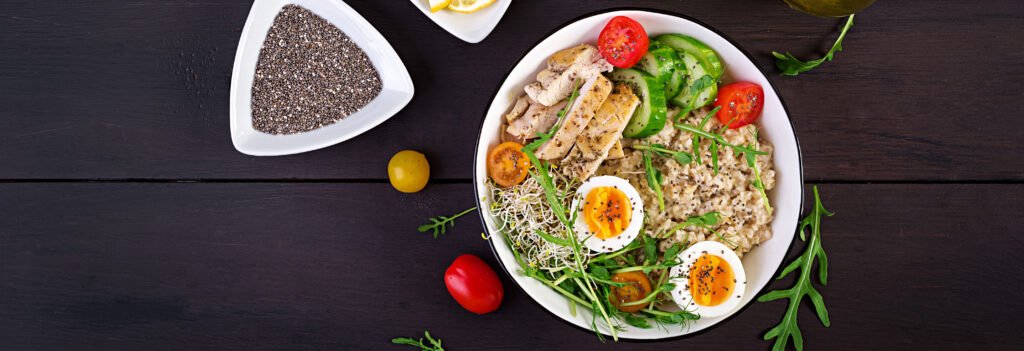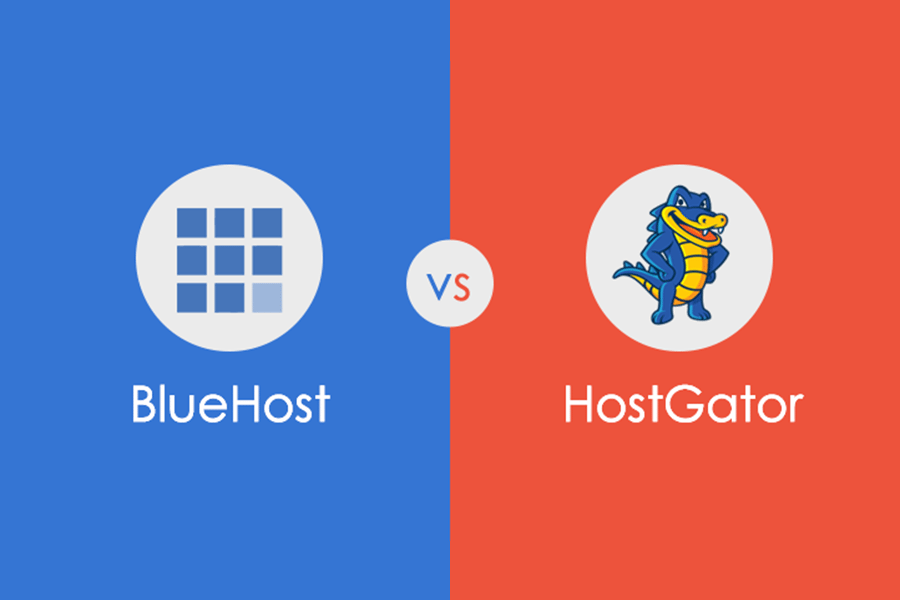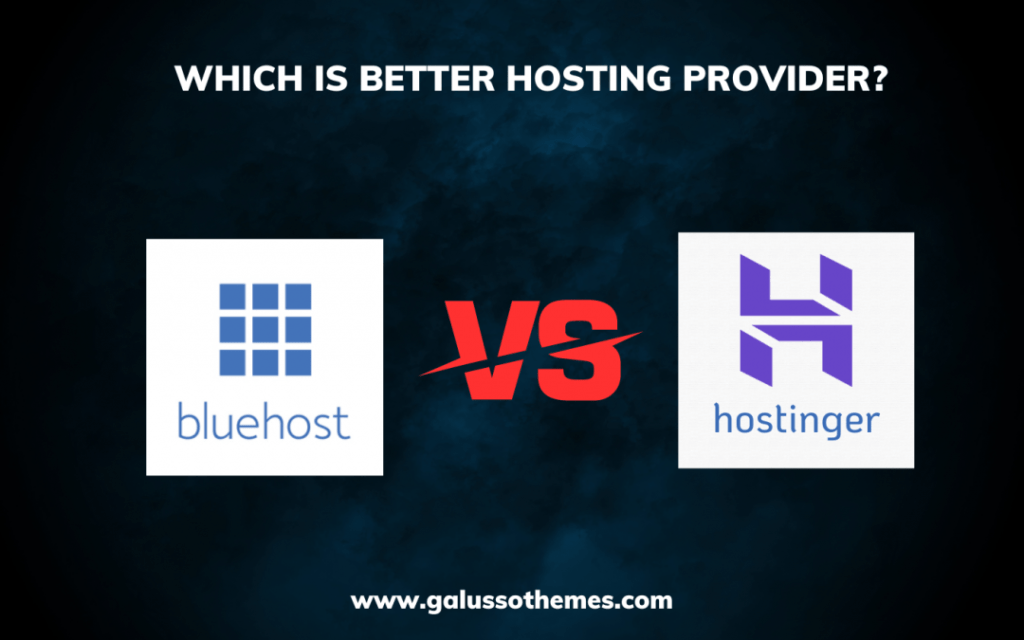Introduction of 50 Super Healthy Foods.
Eating a well-balanced diet is essential for maintaining good health, preventing chronic diseases, and providing the energy needed for daily activities. One of the best ways to achieve this balance is by incorporating a wide variety of nutrient-dense foods into your meals. From fruits and vegetables to grains, proteins, and healthy fats, these foods not only nourish your body but also satisfy your taste buds.
Here’s a summary table of healthy foods:
| Category | Foods | Key Nutrients/Benefits |
|---|---|---|
| Fruits and Berries | Apples, Avocados, Bananas, Blueberries, Oranges, Strawberries, Cherries, Grapes, Grapefruit, Kiwi, Lemons, Mangoes, Melons, Olives, Peaches, Pears, Pineapples, Plums, Raspberries | Vitamins, Antioxidants, Fiber, Healthy Fats |
| Eggs | Eggs | High-Quality Protein, Vitamin D, Choline |
| Meats | Lean Beef, Chicken Breasts, Lamb, Mutton | Protein, Iron, Omega-3 Fatty Acids |
| Nuts and Seeds | Almonds, Chia Seeds, Coconuts, Macadamia Nuts, Walnuts, Brazil Nuts | Healthy Fats, Protein, Fiber, Magnesium, Selenium |
| Vegetables | Asparagus, Bell Peppers, Broccoli, Carrots, Cauliflower, Cucumbers, Garlic, Kale, Onions, Tomatoes, Artichokes, Brussels Sprouts, Cabbage, Celery, Eggplant, Leeks, Lettuce, Mushrooms, Radishes, Squash, Swiss Chard, Collard Greens, Turnips, Zucchini | Fiber, Vitamins, Antioxidants, Low Calories |
| Fish and Seafood | Salmon, Sardines, Shellfish (Clams, Mollusks, Oysters), Shrimp, Trout, Tuna | Omega-3 Fatty Acids, Protein, Vitamin D, Calcium |
| Grains | Brown Rice, Oats, Quinoa | Carbohydrates, Fiber, Magnesium, Protein |
| Breads | Ezekiel Bread, Homemade Low-Carb Bread | Fiber, Protein, Whole Grains |
| Legumes | Green Beans, Kidney Beans | Protein, Fiber, Iron, Vitamins A and C |
| Dairy | Cheese, Greek Yogurt, Milk, Cottage Cheese, Kefir | Calcium, Vitamin D, Protein, Probiotics |
| Fats and Oils | Butter from Grass-Fed Cows, Coconut Oil, Extra Virgin Olive Oil, Avocado Oil, Flaxseed Oil, Walnut Oil | Healthy Fats, Omega-3 Fatty Acids, Vitamins K2 and E |
This guide presents 50 super healthy foods that you can easily integrate into your daily diet. Whether you’re looking to boost your immune system, improve heart health, or simply enjoy delicious meals, this list has something for everyone.
1–6: Fruits and Berries
Fruits and berries are nature’s candy—sweet, vibrant, and packed with vitamins, minerals, and antioxidants. They are also incredibly versatile, making them easy to include in your diet.
- Apples
Apples are rich in dietary fiber, vitamin C, and a variety of antioxidants. They are a convenient and satisfying snack that can help curb hunger between meals. - Avocados
Unlike most fruits, avocados are loaded with healthy fats. They also provide fiber, potassium, and vitamin C. Spread them on toast, blend into smoothies, or use them as a creamy salad dressing. - Bananas
Bananas are an excellent source of potassium, vitamin B6, and fiber. They are easy to carry around and make for a quick, energizing snack. - Blueberries
These small berries are packed with antioxidants, particularly vitamin C and vitamin K. They are delicious on their own or as a topping for yogurt, cereal, or salads. - Oranges
Oranges are well-known for their high vitamin C content. They are also rich in fiber, which aids in digestion, and antioxidants that support overall health. - Strawberries
Strawberries are low in calories but high in vitamin C, fiber, and manganese. Enjoy them as a snack, in desserts, or blended into smoothies.
Other Healthy Fruits:
Cherries, grapes, grapefruit, kiwi, lemons, mangoes, melons, olives, peaches, pears, pineapples, plums, and raspberries also deserve a spot in your diet for their unique flavors and health benefits.
7: Eggs
Once shunned for their cholesterol content, eggs are now celebrated as a nutrient-rich food. They are an excellent source of high-quality protein and contain important vitamins and minerals, including vitamin D and choline.
8–10: Meats
Lean meats, when consumed in moderation, can be a valuable part of a balanced diet. They are rich in protein and provide essential nutrients like iron and zinc.
- Lean Beef
Lean beef is a fantastic source of protein and iron, which are essential for muscle repair and energy production. Opt for grass-fed varieties when possible for higher omega-3 content. - Chicken Breasts
Chicken breast is a staple for those looking to increase protein intake while keeping fat and calories low. It’s versatile and can be used in a variety of dishes. - Lamb and Mutton
Lamb and mutton are rich in high-quality protein and contain higher levels of omega-3 fatty acids compared to other meats, especially when grass-fed.
11–16: Nuts and Seeds
Nuts and seeds are nutrient powerhouses. They provide healthy fats, protein, fiber, vitamins, and minerals. Incorporating a variety of nuts and seeds into your diet can help improve heart health and support weight management.
- Almonds
Almonds are packed with vitamin E, magnesium, and fiber. They may help support weight loss, improve gut health, and promote healthy skin. - Chia Seeds
Chia seeds are incredibly nutrient-dense. Just one ounce provides 11 grams of fiber, along with significant amounts of magnesium, manganese, and calcium. - Coconuts
Coconuts offer fiber and medium-chain triglycerides (MCTs), which are beneficial fats that can be quickly used by the body for energy. - Macadamia Nuts
Macadamia nuts are deliciously rich in monounsaturated fats, which are known to support heart health. They are also lower in omega-6 fatty acids than most other nuts. - Walnuts
Walnuts are high in omega-3 fatty acids, which are beneficial for brain health. They also provide a satisfying crunch to salads and baked goods. - Brazil Nuts
Brazil nuts are one of the best dietary sources of selenium, a mineral crucial for thyroid function. Just a couple of Brazil nuts a day can meet your selenium needs.
17–26: Vegetables
Vegetables are low in calories but high in vitamins, minerals, and fiber. Eating a variety of vegetables ensures that you get a broad spectrum of nutrients.
- Asparagus
Asparagus is low in calories and carbs but high in vitamin K, making it an excellent choice for those looking to maintain bone health. - Bell Peppers
Available in a rainbow of colors, bell peppers are rich in vitamin C and antioxidants. They add a sweet crunch to salads, stir-fries, and snacks. - Broccoli
Broccoli is a cruciferous vegetable that provides fiber, vitamins C and K, and a surprising amount of protein for a vegetable. - Carrots
Carrots are an excellent source of beta-carotene, which the body converts into vitamin A. They are perfect for snacking, salads, and adding a bit of color to your meals. - Cauliflower
Cauliflower is a versatile vegetable that can be used as a low-carb substitute for grains and legumes. It’s also high in vitamin C and fiber. - Cucumbers
Cucumbers are hydrating, low in calories, and a good source of vitamin K. They’re a refreshing addition to salads and snacks. - Garlic
Garlic is known for its powerful medicinal properties, thanks to the compound allicin. It has been shown to boost immune function and reduce the risk of heart disease. - Kale
Kale is one of the most nutrient-dense foods on the planet. It’s loaded with vitamins A, K, and C, and it adds a satisfying crunch to salads and smoothies. - Onions
Onions are rich in antioxidants and have been shown to have anti-inflammatory properties. They’re a flavorful addition to almost any savory dish. - Tomatoes
Tomatoes are technically a fruit but are commonly used as a vegetable in cooking. They’re a great source of vitamin C, potassium, and the antioxidant lycopene, which has been linked to many health benefits.
More Healthy Vegetables:
Artichokes, Brussels sprouts, cabbage, celery, eggplant, leeks, lettuce, mushrooms, radishes, squash, Swiss chard, collard greens, turnips, and zucchini are also fantastic options to include in your meals.
27–32: Fish and Seafood
Fish and seafood are excellent sources of high-quality protein, omega-3 fatty acids, and various vitamins and minerals. They are particularly beneficial for heart and brain health.
- Salmon
Salmon is one of the most nutritious types of fish. It’s rich in omega-3 fatty acids, protein, and vitamin D. Wild-caught salmon is preferable due to its higher nutrient content. - Sardines
Sardines are small, oily fish that are incredibly nutritious. They provide a good amount of calcium, vitamin D, and omega-3 fatty acids. - Shellfish
Shellfish like clams, mollusks, and oysters are highly nutritious and low in calories. They’re rich in zinc and B vitamins, which support immune function and energy production. - Shrimp
Shrimp is a low-calorie, high-protein seafood that’s also a good source of selenium and vitamin B12. Be mindful of sourcing, as some shrimp farming practices are environmentally harmful. - Trout
Trout is a freshwater fish that is similar to salmon. It’s a good source of protein and omega-3 fatty acids, and it has a delicate flavor that pairs well with a variety of dishes. - Tuna
Tuna is a lean fish that’s high in protein and low in fat. It’s important to choose low-mercury varieties and to eat it in moderation due to mercury concerns.
33–35: Grains
Whole grains are an important source of carbohydrates, fiber, and essential nutrients. They can help manage weight, improve digestion, and reduce the risk of chronic diseases.
- Brown Rice
Brown rice is a whole grain that is more nutritious than white rice. It contains more fiber, vitamins, and minerals, and has a lower glycemic index, which helps maintain stable blood sugar levels. - Oats
Oats are rich in beta-glucans, a type of soluble fiber that can lower cholesterol levels and improve heart health. They make a hearty and filling breakfast. - Quinoa
Quinoa is a complete protein, meaning it contains all nine essential amino acids. It’s also high in fiber and magnesium, making it a great choice for those looking to boost their nutrient intake.
36–37: Breads
When it comes to bread, choosing whole grain or homemade varieties is key to maximizing nutritional benefits. They provide fiber, essential nutrients, and energy.
- Ezekiel Bread
Ezekiel bread is made from sprouted whole grains and legumes, which increases its nutrient density. It’s a good source of protein, fiber, and a variety of vitamins and minerals. - Homemade Low-Carb Bread
Homemade low-carb bread, often made with almond or coconut flour, is a healthier alternative to traditional bread. It’s lower in carbs and higher in healthy fats and fiber.
38–39: Legumes
Legumes are a group of nutrient-dense foods that include beans, lentils, peas, and peanuts. They’re high in protein, fiber, and essential nutrients like iron and folate.
- Green Beans
Green beans are a popular vegetable that provides fiber, vitamins A and C, and a variety of other nutrients. They’re low in calories and can be enjoyed fresh or cooked. - Kidney Beans
Kidney beans are an excellent source of protein, fiber, and various vitamins and minerals. They are particularly rich in iron, which is important for transporting oxygen throughout the body.
40–44: Dairy
Dairy products are a great source of calcium, vitamin D, and protein. They can support bone health and provide a range of essential nutrients.
- Cheese
Cheese is incredibly nutritious, providing a good amount of calcium, protein, and other important nutrients. However, it should be consumed in moderation due to its high fat content. - Greek Yogurt
Greek yogurt is thicker and creamier than regular yogurt, with more protein and probiotics. It’s a versatile food that can be eaten on its own or used in cooking and baking. - Milk
Milk is a rich source of calcium, vitamin D, and protein. Opt for whole or low-fat varieties, depending on your nutritional needs and preferences. - Cottage Cheese
Cottage cheese is a low-calorie, high-protein dairy product that also provides calcium, phosphorus, and B vitamins. It’s great on its own or as a topping for fruits and vegetables. - Kefir
Kefir is a fermented dairy product that is rich in probiotics. It can support gut health and improve digestion, making it a great addition to your diet.
45–50: Fats and Oils
Healthy fats and oils are essential for brain function, hormone production, and the absorption of fat-soluble vitamins. Choosing the right types of fats can also reduce the risk of heart disease.
- Butter from Grass-Fed Cows
Butter from grass-fed cows is richer in omega-3 fatty acids and vitamin K2 than regular butter. It can be a part of a healthy diet when consumed in moderation. - Coconut Oil
Coconut oil is a unique fat that is high in medium-chain triglycerides (MCTs), which are metabolized differently than other fats. It’s great for cooking at high temperatures. - Extra Virgin Olive Oil
Extra virgin olive oil is one of the healthiest fats on the planet. It’s rich in heart-healthy monounsaturated fats and antioxidants, making it a staple in the Mediterranean diet. - Avocado Oil
Avocado oil is a nutrient-dense oil that is high in monounsaturated fats and vitamin E. It has a high smoke point, making it ideal for cooking and frying. - Flaxseed Oil
Flaxseed oil is a rich source of alpha-linolenic acid (ALA), a type of omega-3 fatty acid that is important for heart health. It’s best used in cold dishes or drizzled over salads. - Walnut Oil
Walnut oil is another oil high in omega-3 fatty acids. It has a delicate, nutty flavor and is best used in salad dressings or drizzled over cooked vegetables.
Conclusion
Incorporating these 50 super healthy foods into your diet can help you achieve a well-rounded and nutrient-dense eating plan. From fruits and vegetables to proteins, grains, and healthy fats, these foods provide the essential nutrients your body needs to function optimally. Start by adding a few of these foods to your meals each week, and gradually increase your intake to reap the full benefits of a healthy diet.
FAQs:
1. What are the key benefits of including fruits and berries in my diet?
Fruits and berries are rich in vitamins, antioxidants, and fiber, which support overall health, boost immunity, and aid digestion. They are also low in calories, making them a great choice for weight management.
2. Are eggs healthy despite their cholesterol content?
Yes, eggs are highly nutritious and provide high-quality protein, vitamin D, and choline. Recent studies suggest that for most people, dietary cholesterol in eggs does not significantly impact blood cholesterol levels.
3. Why should I choose lean meats over processed meats?
Lean meats, like chicken breasts and lean beef, are lower in saturated fat and calories while still providing high-quality protein and essential nutrients like iron. Processed meats often contain unhealthy additives and preservatives.
4. How can nuts and seeds benefit my health?
Nuts and seeds are excellent sources of healthy fats, protein, fiber, and various vitamins and minerals. They may help reduce the risk of heart disease, support brain health, and aid in weight management.
5. What makes vegetables such an important part of a healthy diet?
Vegetables are nutrient-dense and low in calories. They provide essential vitamins, minerals, and antioxidants that support overall health, including heart health, digestive health, and disease prevention.
6. Why is fish and seafood recommended for a healthy diet?
Fish and seafood are rich in omega-3 fatty acids, which are essential for heart and brain health. They also provide high-quality protein and important nutrients like vitamin D and iodine.
7. Are whole grains better than refined grains?
Yes, whole grains like brown rice, oats, and quinoa are more nutritious than refined grains. They contain more fiber, vitamins, and minerals, which help regulate blood sugar, support digestion, and provide long-lasting energy.
8. What is special about Ezekiel bread?
Ezekiel bread is made from sprouted whole grains and legumes, which increases its nutrient density. It’s a good source of protein, fiber, and a variety of vitamins and minerals compared to conventional bread.
9. Can dairy products be part of a healthy diet?
Yes, dairy products like cheese, Greek yogurt, and milk are rich in calcium, protein, and other essential nutrients. They support bone health and overall nutrition, but it’s important to choose low-fat or full-fat options based on your health needs.
10. What are the healthiest fats and oils to include in my diet?
Healthy fats and oils like extra virgin olive oil, avocado oil, and flaxseed oil are rich in monounsaturated and omega-3 fatty acids. These fats are essential for brain function, heart health, and hormone production.
11. How can legumes be a part of a balanced diet?
Legumes like kidney beans and green beans are high in protein, fiber, and essential nutrients like iron and folate. They are a great plant-based protein source and can be easily added to salads, soups, and main dishes.
12. What role do tubers like potatoes and sweet potatoes play in a healthy diet?
Tubers like potatoes and sweet potatoes are rich in fiber, vitamins, and minerals. They provide a good source of energy and can be part of a balanced diet, especially when consumed with their skins for added nutrients.
Our previous articles related to this topic:
Paradigm Peptides: 5 Astonishing Benefits and Drawbacks Revealed!



